For months, the coffee market seemed like a one-way street heading up, but the dynamic has recently shifted. A welcome, albeit temporary, price drop is providing some breathing room. At the same time, postponed regulations and new geopolitical tensions are creating a complex and unpredictable future. For us as importers and for you as roasters, staying sharp is essential. At Origin Bridge, we are navigating these turbulent waters and are here to bring you up to speed.
A Market Shift Driven by the Brazilian Harvest
The most significant shift in recent weeks has been the drop in Arabica prices. After the record highs seen earlier this year, the futures market dipped below the 300 US cents per pound mark. The driver is a very successful harvest in Brazil, where favorable weather has led to a larger-than-expected supply.
For roasters, this development offers a moment of relief and short-term purchasing opportunities after a long period of rising costs. However, for coffee producers, a falling market price presents a complex and often challenging picture. While some Brazilian producers with massive volumes may offset the lower price point, farmers in other countries face direct pressure on their income without the benefit of a bumper crop. It’s a stark reminder that what constitutes relief in one part of the supply chain creates pressure in another. For roasters, it’s crucial to view this as a temporary market dip, not an end to the need for sustainable pricing.
EUDR: Postponed, Not Canceled
A key development in Europe is the postponement of the EU Deforestation Regulation (EUDR). The implementation deadline of late 2024 has been pushed back to late 2025 at the earliest. While this delay gives the industry more time to prepare for the strict traceability requirements, it also creates ambiguity. The regulation remains on the books, but the delay causes uncertainty about final enforcement and systems. Transparency is still the future, but the path to get there is now less clear. We continue to prepare and strengthen our supply chains, as the demand for deforestation-free coffee will not disappear.
A New Threat: Geopolitical Tensions
The most unexpected and potentially disruptive factor is emerging from the United States. The current administration recently announced plans for significant import tariffs on goods from Brazil, including coffee. Analysts are considering the possibility of tariffs as high as 50%, potentially effective from August 1, 2025.
This is more than just a ripple in the market. Potential consequences include:
- Price Bifurcation: The price for Brazilian coffee could rise sharply for the US market, shifting demand.
- Trade Flow Disruption: European and other roasters could face increased competition for coffees from other origins (like Colombia or Central America), which could drive prices up for those coffees.
- Uncertainty: The threat alone creates volatility and makes long-term planning more difficult.
Navigating the New Reality
Today’s market is a paradox: short-term relief from a good harvest, but long-term uncertainty from postponed legislation and looming trade wars. In this climate, stable, direct relationships with producers across diverse origins are more important than ever. It’s the only way to mitigate risk and ensure the continuity of quality coffee.
At Origin Bridge, we remain focused on those strong relationships. That is how we build a secure future, regardless of the storms on the global market.
Building bridges, sharing coffee.

